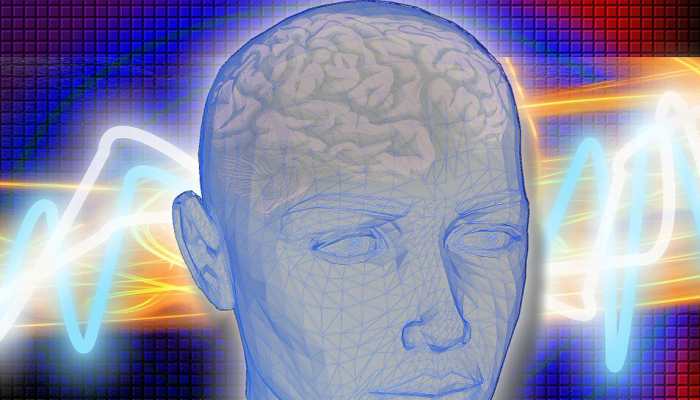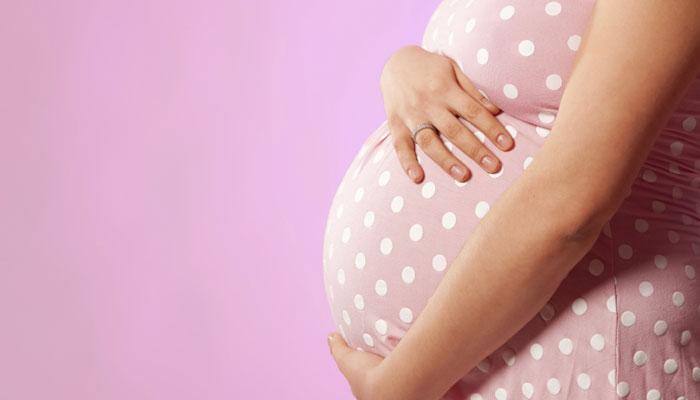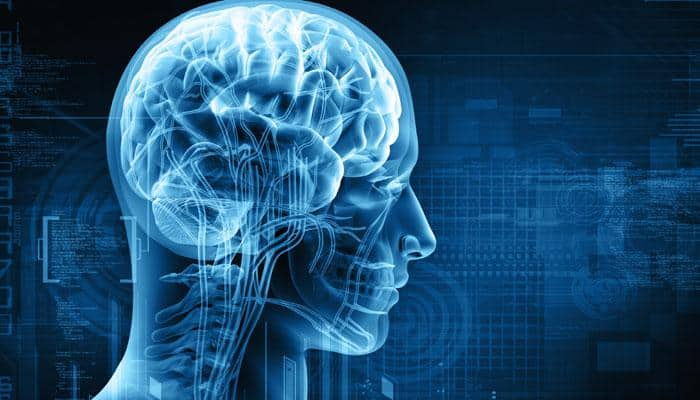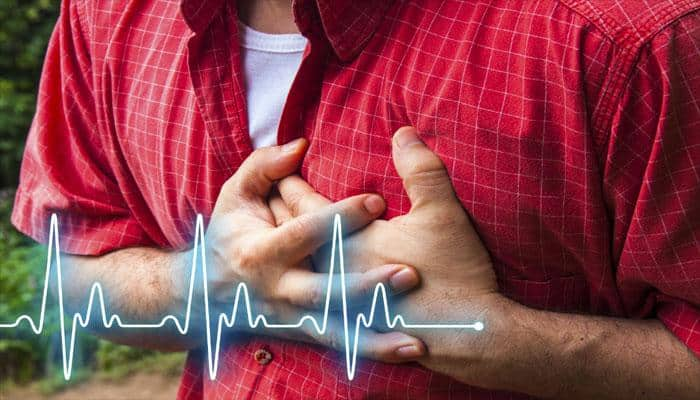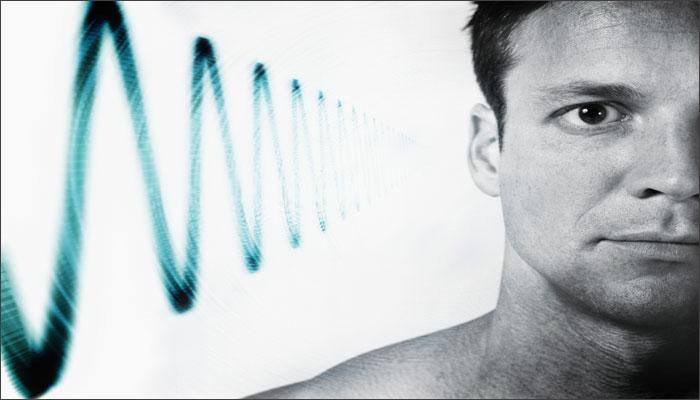Scientists 3D-print artificial 'Venus flytrap'
Even without a brain or a nervous system, the Venus flytrap makes sophisticated decisions about when to snap shut on potential prey.
Jan 16, 2019, 12:41 PM ISTBigger brain could make you only a little smarter than others
The findings suggest that factors such as parenting style, education, nutrition, stress, and others are likely major contributors to one's smartness.
Dec 03, 2018, 11:46 AM ISTPregnant women more likely to be victim of traumatic injury
The researchers found that pregnant trauma victims, on average, suffered less severe injuries than their non-pregnant counterparts.
May 06, 2017, 23:38 PM ISTThyroid dysfunction may increase risk of heart failure
Researchers, including one of Indian origin, have warned that a mild decrease in thyroid function may up the risk of heart failures.
Apr 04, 2017, 14:55 PM ISTMen, beware! Using cocaine at the time of conceiving could put your son at risk of memory loss
Further, cocaine use in dads caused epigenetic changes in the brain of their sons, thereby changing the expression of genes important for memory formation.
Feb 27, 2017, 21:31 PM ISTResearchers find way to make wounds heal without scars
By transforming the most common type of cells found in wounds into fat cells, researchers have reported finding a way to manipulate wounds to heal as regenerated skin rather than scar tissue.
Jan 07, 2017, 00:20 AM ISTArtificial stimulation can help fight brain disorders
Scientists know that stimulating the brain via electricity or other means may help ease the symptoms of various neurological and psychiatric disorders like epilepsy and depression.
Sep 28, 2016, 00:32 AM ISTOpioid users may find babies less cute
Coming on the heels of the infamous 'heroin' picture that showed a US grandmother passing out from an apparent heroin overdose -- while her four-year-old grandson sat in the back seat, a new study has found that opioid dependence affects how 'cute' we perceive images of children to be.
Sep 20, 2016, 23:05 PM ISTBelief in God increases by imagining 'what might have been'
The researchers specifically explored downward counter-factual thinking, thoughts about how life would be worse if an important life event had not occurred.
Mar 20, 2016, 17:37 PM ISTTurns out `good` cholesterol can at times be `bad`
The mutation causes an increased risk of coronary heart disease even in the presence of elevated levels of HDL-C or "good" cholesterol.
Mar 13, 2016, 15:45 PM ISTEither move more or die early
Though the scientists didn't discover any magic threshold for the amount a person needs to move to improve mortality, they did learn that even adding just 10 minutes per day of light activity could make a difference.
Feb 26, 2016, 09:07 AM ISTDiabetic drug may help treat cocaine addiction
It is the first time such a role has been shown for the hormone in the brain, the study said.
Feb 11, 2016, 15:36 PM ISTMen and women may be wired to behave differently: Study
The findings also have potential implications for treatment of a variety of conditions.
Feb 10, 2016, 14:51 PM ISTBrain's fear centre also evokes kindness
Such a link could have implications for people with autism, schizophrenia or anxiety-related disorders.
Dec 15, 2015, 16:23 PM ISTYoung drivers using phones despite knowing dangers
Some teens said they did not do it -- until the researchers dug a little deeper and found out what that really meant.
Dec 06, 2015, 18:55 PM ISTThinnest plates that can be picked up by hand created
Researchers have created the thinnest plates that can be picked up and manipulated by hand.
Dec 04, 2015, 11:38 AM ISTDiabetes drug can't help advanced heart failure patients
Heart failure, a chronic condition in which the heart does not pump enough blood through the body, affects more than 5 million Americans.
Nov 09, 2015, 09:26 AM ISTSocial media friends can make you stay fit!
Friends on Facebook who are health freaks can make you fit as well!
Oct 08, 2015, 14:54 PM ISTIndian-American scientist uses sound waves to control brain cells
In a first, an Indian American researcher from Salk Institute for Biological Studies in California has developed a new way to selectively activate brain, heart, muscle and other cells using ultrasonic sound waves.
Sep 16, 2015, 20:03 PM IST





